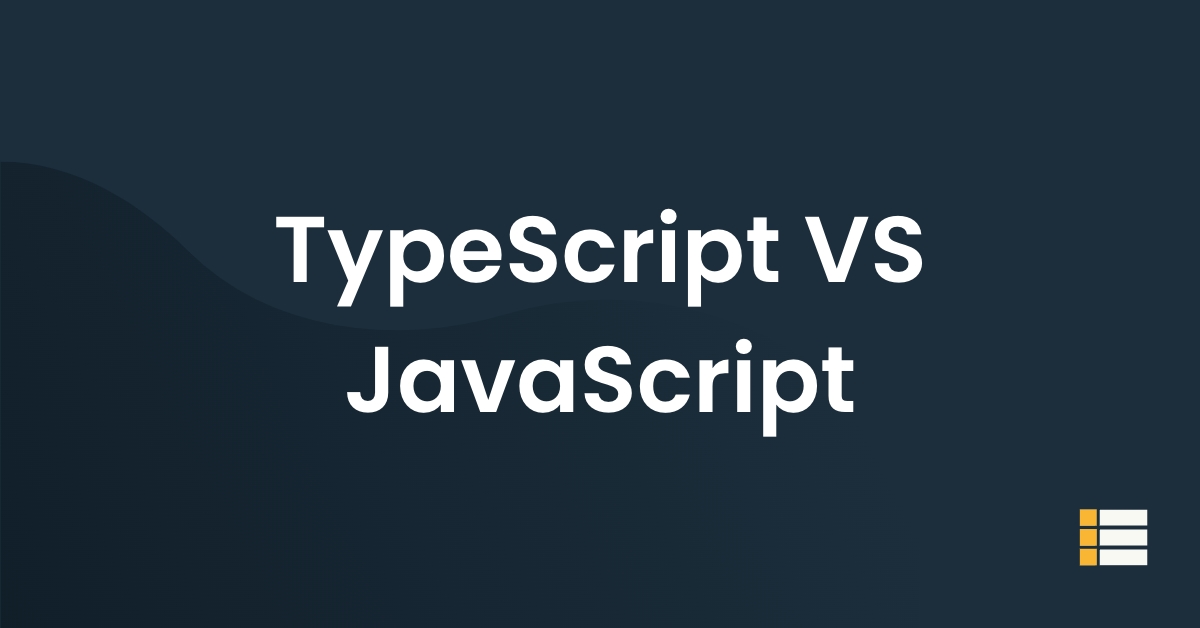Whether you’re a beginner or an experienced programmer, understanding Node.js is essential for building modern web applications.
Read on to find out more about Node.js and how you can use it to create dynamic, scalable, and interactive applications.
What is Node.JS?
Node.js is an open-source, cross-platform, JavaScript runtime environment that executes JavaScript code outside of a web browser. It is used to create server-side and network applications and is designed to build scalable network applications. It allows developers to use JavaScript to write command-line tools and for server-side scripting to produce dynamic web page content before the page is sent to the user’s web browser.

Table of Contents
What is Node.JS Used for?
Node.js is a JavaScript runtime environment that allows developers to build server-side applications. It is an open-source, a cross-platform runtime environment for executing JavaScript code outside of a web browser.
Node.js is used to create high-performance, real-time, network applications.
It enables developers to write JavaScript code that runs directly in the Node.js runtime, on the server-side.
It is an event-driven, non-blocking I/O model that makes it lightweight and efficient, perfect for data-intensive real-time applications.
Node.js runs on various platforms such as Windows, Linux, and macOS.
It is used for building fast and scalable network applications.
Node.js also provides a rich library of various JavaScript modules which simplifies the development of web applications using Node.js.
Node.js can also be used to create real-time applications such as chat applications, online gaming, and collaboration tools.
Node.js is becoming increasingly popular due to its reliability, scalability, and performance.
It is used by some of the world’s largest companies such as Microsoft, Netflix, LinkedIn, and PayPal. Node.js is an ideal choice for developing applications that require high performance, scalability, and concurrency.
How does Node.JS work?
Node.js is based on the Google Chrome V8 JavaScript engine and enables developers to write server-side applications in JavaScript.
When a request is made to a Node.js application, it is sent to the Node.js runtime environment. The Node.js runtime environment then processes the request and executes the appropriate code.
The code is then compiled into machine code which is then executed by the Node.js runtime environment.
Once the code has been executed, the response is sent back to the client.
Node.js is designed to be highly scalable, allowing it to handle multiple requests simultaneously.
This is done by utilizing a single thread that can process multiple requests at the same time. This makes it much more efficient than traditional web servers which require multiple threads to handle multiple requests.
Node.js also utilizes an asynchronous I/O model, which allows it to process multiple requests simultaneously without blocking.
This makes it ideal for applications that require high throughput. By using an asynchronous I/O model, Node.js is able to process a large number of requests without the need for additional threads.
This allows it to handle multiple requests simultaneously and process them in the order in which they are received. This makes it much more efficient than traditional web servers which require multiple threads to handle multiple requests.
Advantages of Node.js in Web Development
Node JS has become one of the most popular web development platforms due to its advantages. Here are some advantages of Node.js in web development.
- Fast and Scalable: Node.js is known for its fast performance. It is built on an event-driven, non-blocking I/O model which allows it to handle multiple concurrent connections with high throughput. This makes Node.js a great choice for applications that require real-time communication and scalability.
- Great Developer Productivity: Node.js developers have the ability to build applications quickly and with fewer lines of code. Node.js is built on JavaScript, the language most developers are familiar with, which makes it easier to learn and use.
- Easily Accessible: Node.js is open-source and free to use. This makes it an easily accessible platform for developers of all skill levels.
- Full-Stack Development: Node.js allows developers to build full-stack applications with both the front-end and back-end code written in JavaScript. This means developers can write both the client-side and the server-side code in one language, making development easier and faster.
- Easy to Maintain: Node.js applications are easy to maintain because all the code is written in JavaScript. This eliminates the need to maintain multiple codebases for the front-end and back-end of the application.
Disadvantages of Node.js in Web Development
Node.js is a powerful tool for web development, but it’s not without its drawbacks.
Here are some of the most common disadvantages of using Node.js in web development:
- Limited Library Support: Node.js is fairly new, so it has a limited library of modules and packages compared to other web development frameworks. This makes it difficult to find solutions for complex tasks and often forces developers to create their own solutions from scratch.
- Poor Error Handling: Node.js does not have a built-in error handling system, meaning developers must write their own code to handle errors. This can be time-consuming and can lead to hard-to-find bugs.
- Poor Security: Node.js is not as secure as other web development frameworks. It is vulnerable to various types of attacks and exploits, so developers must be extra careful when writing code.
Overall, Node.js can be a powerful framework for web development, but it is important to be aware of the potential drawbacks.
Make sure to weigh the pros and cons before deciding to use Node.js for your project.
Conclusion
Node.js is a versatile and powerful technology that provides a great platform for developers to create their applications.
With its easy-to-use syntax, high performance, and low overhead, Node.js makes it easy for developers to create dynamic, real-time applications with minimal effort. With the help of Node.js, developers can create powerful applications that can be deployed quickly and easily.
With its flexibility and scalability, Node.js has become a popular choice for many developers looking to create applications for the web.
Whether you’re a beginner or an experienced programmer, Node.js can provide the tools you need to create a great application.
So don’t wait any longer – get started with Node.js today and make your vision a reality.




